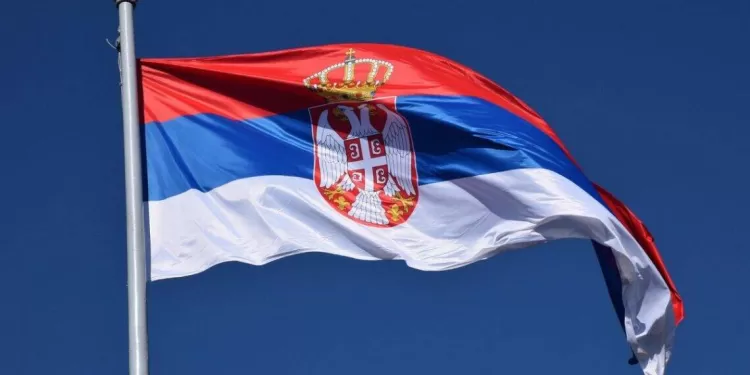Swearing, insults and hate speech: The social and psychological power of taboo language

Join our WhatsApp Community to receive travel deals, free stays, and special offers!
- Join Now -
Join our WhatsApp Community to receive travel deals, free stays, and special offers!
- Join Now -

Language does much more than just convey information. It expresses emotions, establishes social connections, and even challenges norms.
Taboo language is one of its most intriguing facets. These “off limits” words – a category ranging from insults and swear words through to racial slurs and hate speech – have extraordinary power. They elicit strong emotional responses, and reveal a massive amount about a society’s values, cultural norms, and psychological processes.
Taboo words or expressions are typically restricted by societies based on cultural, moral, or social norms. The forbidden nature of such language often stems from its association with topics like sexuality, bodily functions, religion, or derogatory references to individuals or groups.
Taboo words possess distinct linguistic and emotional characteristics that set them apart from other types of language. Recent multilingual, multi-lab scientific collaborations have identified three key characteristics of taboo words that underscore their unique role in human language and interaction:
They do not often appear in written language, which reflects societal norms that discourage their use in formal or public contexts.
Taboo words are marked by extremely low valence, meaning they carry very negative emotional connotations.
They are associated with high arousal, evoking intense emotional responses that make them particularly salient and impactful in communication.
Swearing to hate speech: a slippery slope
Classic studies have...
What's Your Reaction?
 Like
0
Like
0
 Dislike
0
Dislike
0
 Love
0
Love
0
 Funny
0
Funny
0
 Angry
0
Angry
0
 Sad
0
Sad
0
 Wow
0
Wow
0



















































